– Pavel Mikhailovich, tell us a little about the company. What is POLIEF today?
– Today, POLIEF has 806 employees, 135 hectares of territory and 4 core production facilities. We are Russia’s only manufacturer of terephthalic acid which is used in the production of linoleum, artificial leather, food packaging, and is the largest producer of polyethylene terephthalate (PET). This granule is used to make food packaging for beverages and dairy products, medicines, household chemicals, etc. The plant has a capacity of 374,000 tonnes of terephthalic acid per year and 252,000 tonnes of PET.
– We know that POLIEF launched a new project last year.
– In September, we celebrated the startup of the Vivilen rPET line to produce granules for food packaging containing up to 30% of recycled content. The recycled material feeder line was integrated into the primary PET production chain that already existed at the plant. The project is unique and there are no analogues in Russia yet. By virtue of added capacity, more than 1.7 billion plastic bottles a year will not end up in landfills, but will return to stores after recycling as sustainable and safe food packaging for milk, oil and mineral water. Such a bottle can be recycled over and over again, almost in an infinite loop.
With the light hand of journalists, Vivilen rPET is called the “green” granule. And one cannot but agree with this definition. A quarter of the energy demand for the new operations is generated by the 10,000 photovoltaic cells of the solar plant.
The Vivilen brand has received certificates of conformity with all the necessary standards from independent laboratories. The product has undergone different methods of testing, including the Customs Union TR
– Tell us about the process.
– The innovative PET granules are produced from flakes. Flakes are recycled plastic bottles collected under a regional separate waste collection program. At sorting facilities, they undergo pre-treatment: they are cleaned from labels and caps. Next, they go to processors in Yekaterinburg and Perm for grinding, thorough cleaning and drying. And only after do the flakes come to POLIEF. At the entry, the feedstock is carefully tested by the Central Plant Laboratory for 18 parameters. Experts check the batches for metals, other types of plastics, glue, other impurities and color. Only clear and light blue bottles for beverages are suitable for Vivilen rPET.
At the plant, post-treatment is carried out and only then, once exposed to high temperature, are the flakes mixed with the virgin polymer by special technology, turning into an innovative granule.
– How do you control the quality of the granule?
– The finished products are tested for 14 parameters at the plant lab, and further tests are done by SIBUR PolyLab research center. Packaging produced from our granules is also tested by beverage makers.
The Vivilen brand has received certificates of conformity with all the necessary standards from independent laboratories. The product has undergone different methods of testing, including the Customs Union TR. Numerous studies confirm that Vivilen granules meet the highest food safety standards.
– Do any regional manufacturers already use Vivilen?
– The Krasny Klyuch company was the first in Bashkortostan to bottle water in environmentally friendly plastic bottles. Their label has the Vivilen trademark and a QR code to the brand’s website, where you can learn about more sustainable ways to dispose of plastic and what happens to it once it’s properly sorted. The water is already available in all Pyaterochka stores in Ufa. This solution in an example of a circular economy. The person who has bought potable water in a bottle from our granules, helps the environment.
– As far as we know, this project is not the only one with an environmental focus.
– The company’s priority is sustainable operations, products and environmental culture. We live and work by these principles. For example, at our plant, we collect and separate waste, and many of our employees started a waste-sorting habit at home.
From 2015, POLIEF’s mobile laboratory has been monitoring air quality in Blagoveshchensk and the district on a daily basis. It is licensed by the Federal Service for Hydrometeorology and Environmental Monitoring (Rosgidromet), accredited by the Federal Accreditation Service, and supplied with equipment that enables fast and accurate analysis.
Since January, our ecologists have performed 1,412 air quality tests. No exceedances were found in any of the cases. We regularly post the sampling data on a screen in Blagoveshchensk. The people know that if they discover a foreign smell, they need to call the Single Dispatch Service. The request will be redirected to the plant and our ecologists will head to the site to collect the samples in the caller’s presence. Over the past year, the count of such alerts has reduced to almost zero.
POLIEF’s volunteers planted a large lilac garden near the Lukomorye kindergarten. This year, another green zone will be opened, a small and cozy ecopark. And in Ryabinka kindergarten, a kid’s meteorological playground will be built with equipment for research and experiments. All this shapes our environmental culture
We are developing ourselves and developing the territories. Our employees regularly participate in environmental campaigns and community cleanups: Green Spring, Clean Coast, Let’s Do It!, ECOisland Water of Russia. In any environmental event, we are supported by the concerned residents of Blagoveshchensk. In 2022, as part of SIBUR’s Green Formula forest climate program, together we planted more than 130,000 seedlings of coniferous and deciduous trees in Blagoveshchensky district.
ESG is a separate and vast area of the Formula for Good Deeds social investment program. From 2016, 53 projects of non-profit organizations, 40 brilliant interregional projects of federal partners, 31 volunteer projects of company employees and students have been supported or implemented in Blagoveshchensk.
POLIEF’s volunteers planted a large lilac garden near the Lukomorye kindergarten. This year, another green zone will be opened, a small and cozy ecopark. And in Ryabinka kindergarten, a kid’s meteorological playground will be built with equipment for research and experiments. All this shapes our environmental culture.
– Today, POLIEF is also spoken of as one of the leaders of industrial tourism in the region.
– Like all SIBUR companies, we follow the principles of openness, so that anyone can sign up for a tour and see first-hand how the modern petrochemical plant works. Last year, as part of a regional team, we participated in the Industrial Tourism Accelerator project with the Strategic Initiatives Agency. This allowed us to streamline the work with guests and re-launch the tour itinerary. After all, if we say that a solar power plant can secure a quarter of Vivilen’s energy demand, it is rather abstract for the guests of the plant, but when we quantify the example in the number of kettles it can boil, the scale becomes clear. The tour is steeped in environmental concerns. We wanted to create an itinerary that would give our guests a memorable experience and food for thought. Based on the feedback from those who have already visited POLIEF, we managed to achieve this goal. Upon completion of the Accelerator initiative, the plant got an award in the Industrial Ecology nomination for the best tour on production and environmental practices.





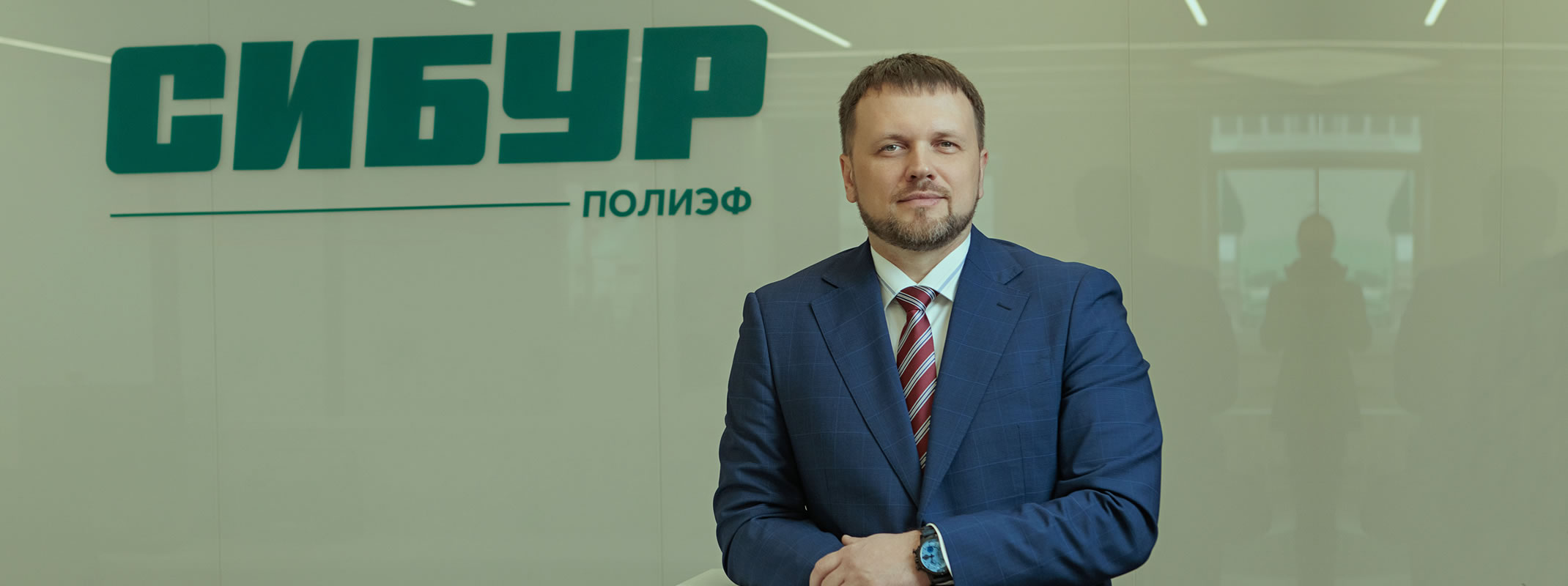

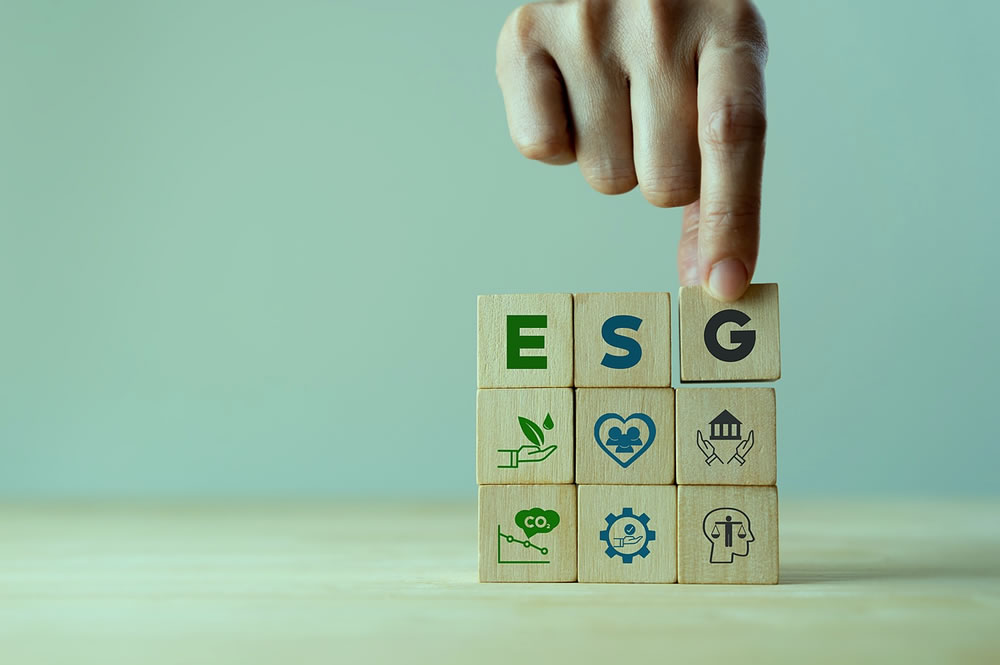
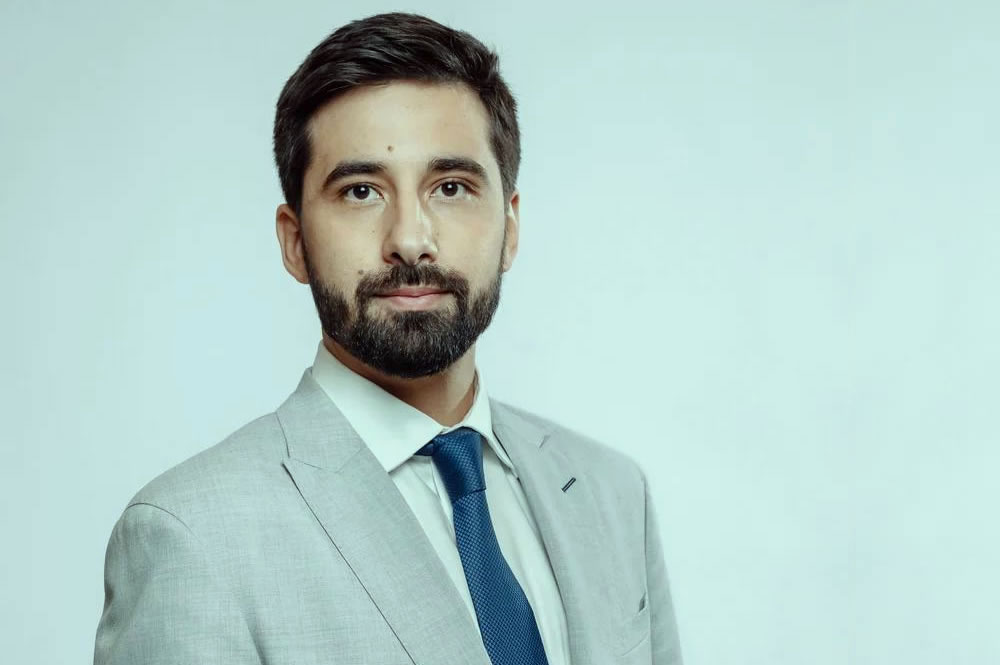
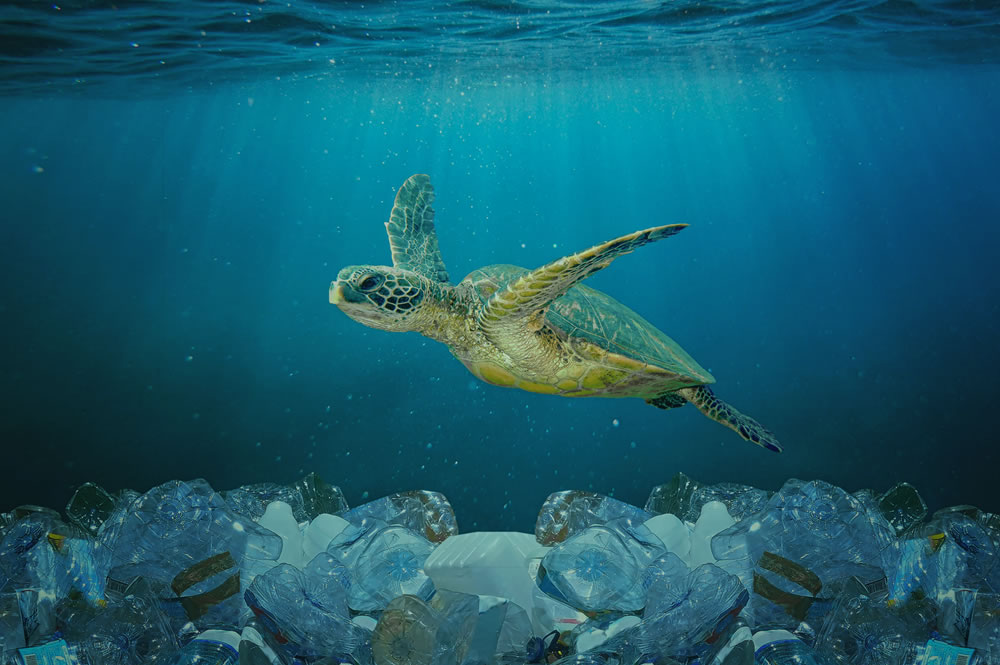
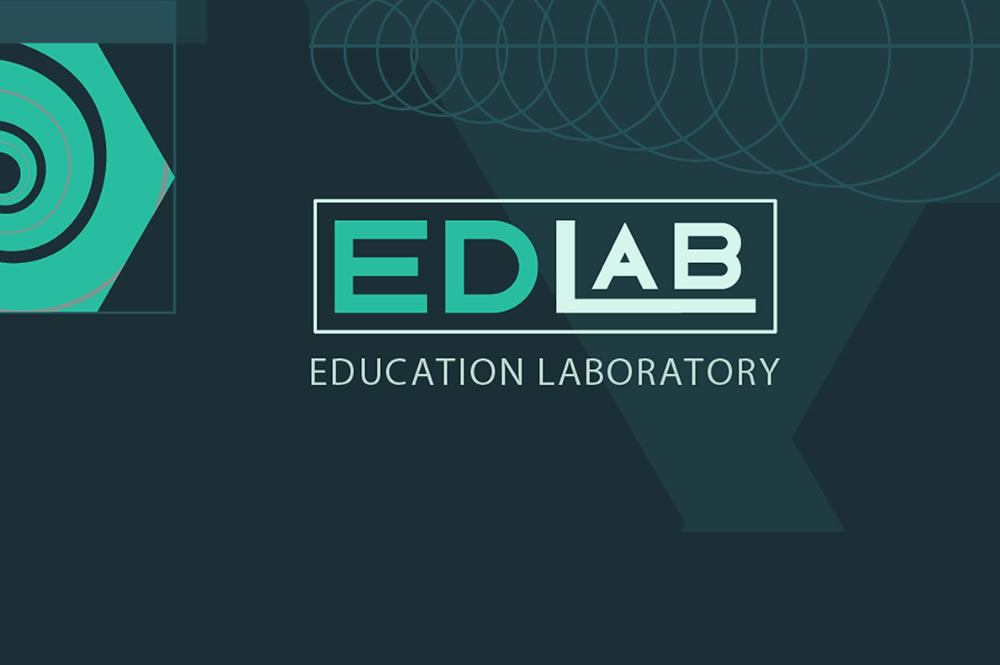
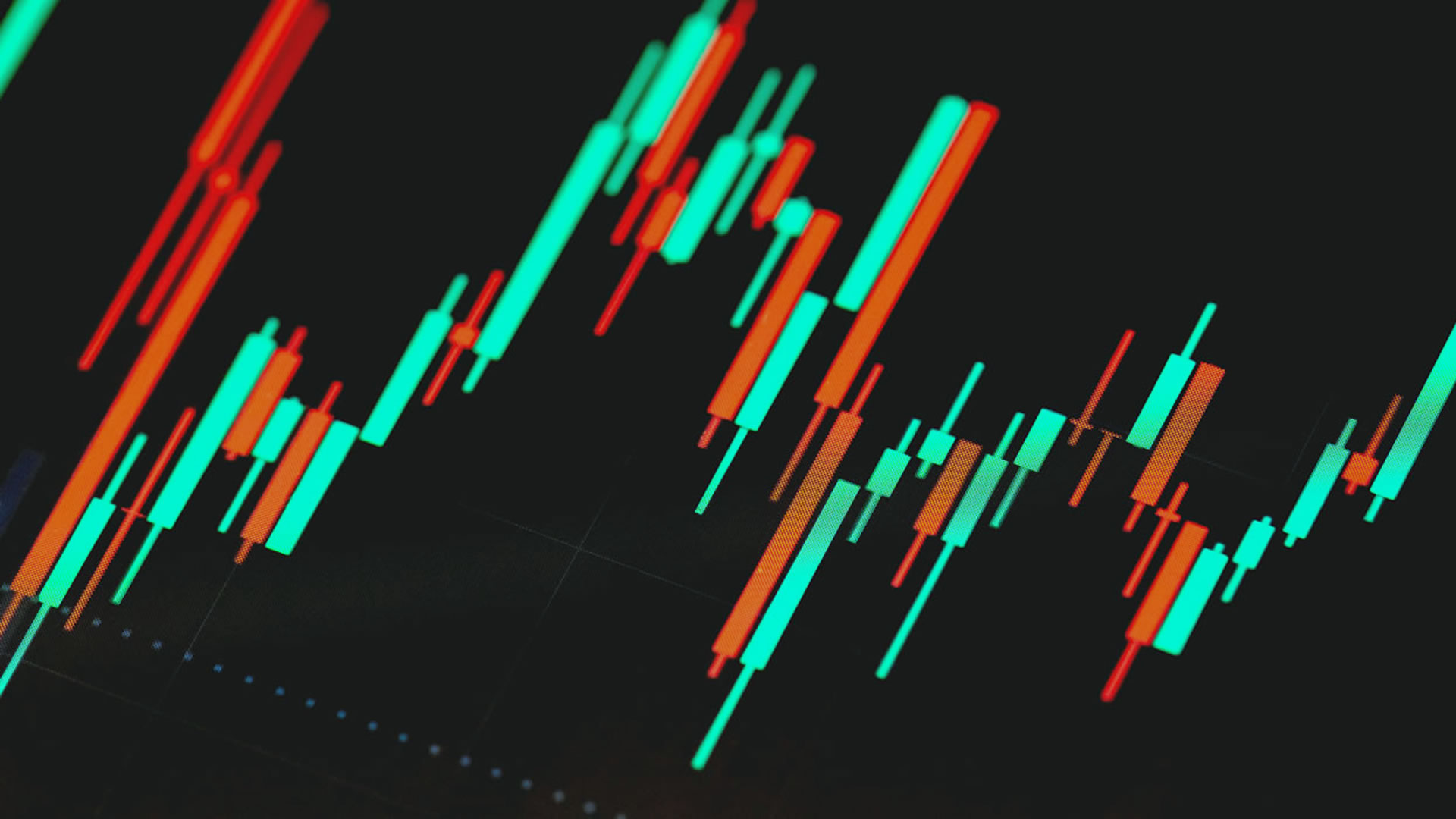
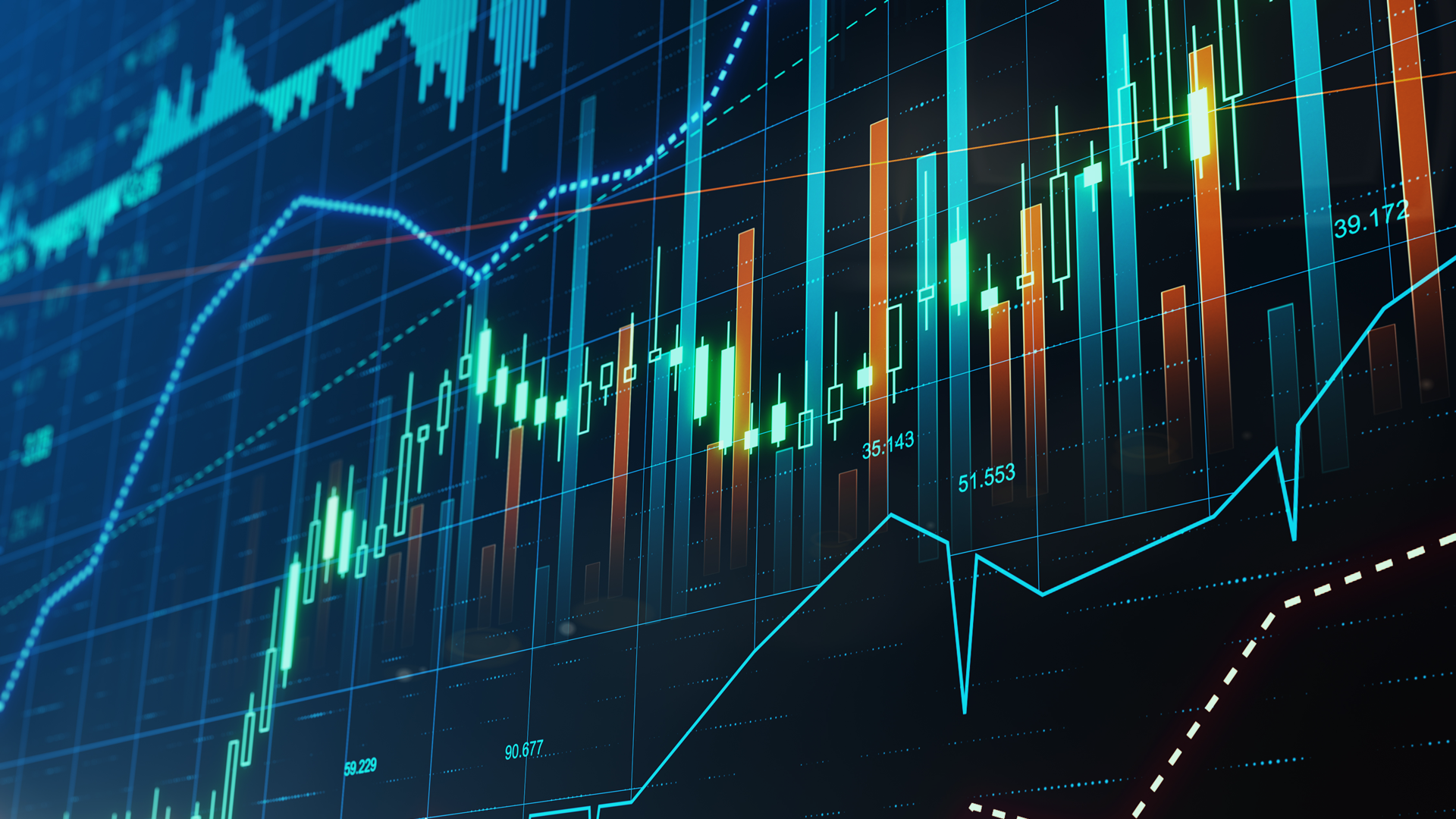






Comments (0)